This study is an appraisal and analysis of the contemporary problems and diplomacy of South-East Asia and India and their impact on intra-regional politics and cooperation. It traces the factors responsible for the failure of the policy of “containmenr†of communism in Indo-China. It analyses the consequences that may follow from the conclusion of military alliances. It traces the significance of the non-aligned movement in south-East Asia and its different manifestations. In the process a case for “South – South cooperation†to accelerate regional development and self-sufficiency has been presented and supported. This study also reviews the achievements of the various regional organizations with particular reference to the role of the ASEAN and SAARC. An attempt has also been made to analyse the policy of India vis-?-vis South-East Asia and the Problems existing in developing cordial ties. India’s initiative for Asian Relations Conference to remove western colonialism in South-East Asia, its role in the International Control Commission, its contribution for Afro-Asian solidarity, its opposition to SEATO, its relation with Vietnam and its sympathy and support for the Hong Samrin regime in Kampuchea have been reviewed and analysed. At the end, it has been found that in spite of the apparent lack of regional consensus on various issues of geo-politics, there are indicators to suggest the growing importance of India in the emerging power balance in south-east Asia and vice versa.

South-East Asia and India: A Political Perspective
In stock
Free & Quick Delivery Worldwide
reviews
Bibliographic information
Title
South-East Asia and India: A Political Perspective
Author
Edition
1st ed.
Publisher
ISBN
8185135177
Length
x+195p., References; Appendix; Index; 23cm.
Subjects

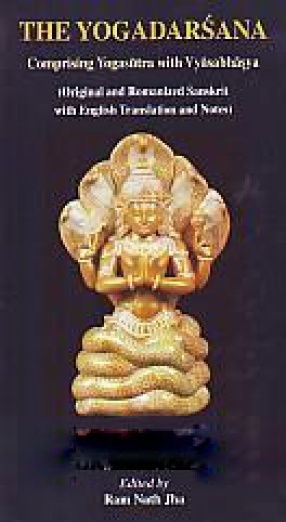
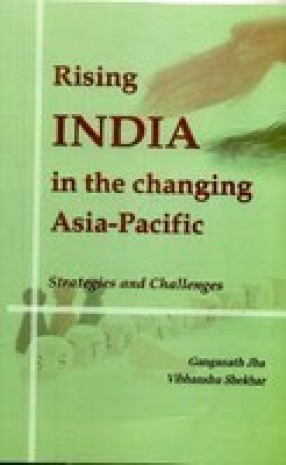

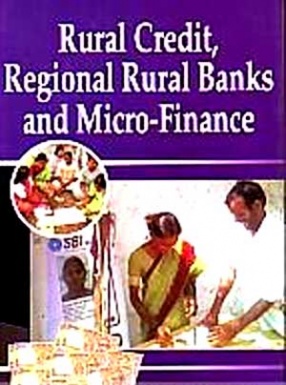
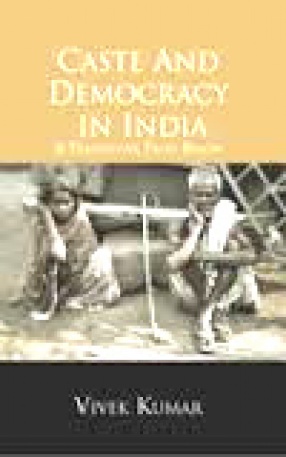
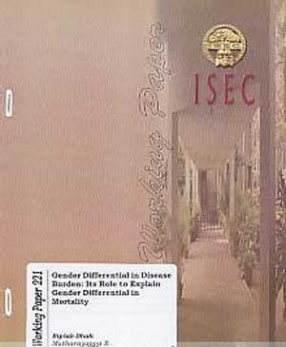
There are no reviews yet.